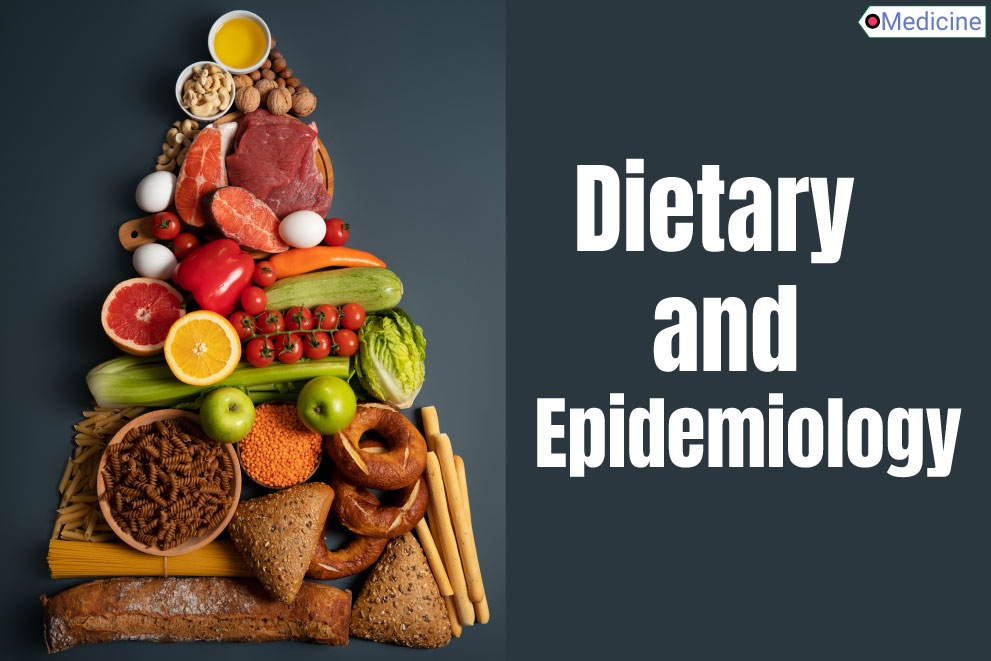Dietary and Epidemiology

Dietary and Epidemiology
Dietary epidemiology is a field of research that examines the relationship between diet, nutrition, and the occurrence of diseases within populations. It aims to understand how dietary habits influence health outcomes, such as obesity, cardiovascular diseases, diabetes, and cancer.
Key Aspects of Dietary Epidemiology:
- Nutritional Assessment – Evaluating food intake patterns through surveys, food diaries, and biomarkers.
- Diet-Disease Relationships – Investigating how specific nutrients, food groups, or overall diet impact disease risk.
- Public Health Interventions – Developing guidelines and policies to promote healthy eating habits.
- Epidemiological Studies – Using cohort studies, case-control studies, and randomized trials to analyze dietary effects.
Impact on Public Health:
- Helps in forming dietary recommendations and nutrition policies.
- Identifies risk factors for chronic diseases related to poor nutrition.
- Supports the development of strategies to improve global food security and health.
Dietary epidemiology plays a crucial role in shaping public health initiatives, guiding clinical nutrition practices, and improving population health by understanding the links between diet and disease.





